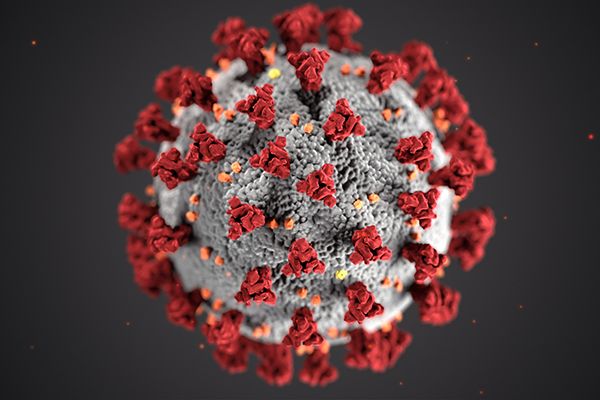The corona virus is crippling large parts of the Chinese economy. In Europe, Italy is particularly affected; in other countries, as here, nationwide restrictions on mobility are conceivable. This also affects the energy supply. "Artificial intelligence and distributed working are the best way to ensure the performance of wind and solar parks and thus the energy supply," says Markus W. Voigt, Managing Director of AREAM GmbH, which specializes in investments in renewable energies.
"Large power plants as central power units could be affected by plant closures if a corona case occurs there", says Voigt. "Renewable energies are much more decentralized, which offers significant advantages for the entire energy supply". Even if individual facilities or parks fail because they are located in quarantine areas and can no longer be maintained, this would hardly affect the stability of the overall supply. "The output of renewable energies comes from the interaction of many small plants, which make the entire system much less sensitive to crises," says Voigt.
In addition, precautions have also been taken in the field of renewable energies: "Renewable energies do not require any input of fuel and less personnel to operate the systems," says Voigt. "All that is required is constant monitoring." In today's parks, this is increasingly done by artificial intelligence, which accesses huge amounts of small-scale data, determines and evaluates failures and risks, and arranges maintenance or repairs. "Thanks to these systems, technicians only travel to the facilities when work actually needs to be done," says Voigt.
These visits could also be affected by crises such as the virus outbreak. "In our parks in southern Italy, for example, it pays off if decentralized work is also possible on the service side," says Voigt. For example, the Italian service provider uses appropriately trained subcontractors when necessary. "So, if for example, a technician lives in one of the sealed-off communities in Italy and is not allowed to travel, another technician can take over immediately," says Voigt. In this way, the maintenance, repair and safety of our plant is guaranteed to a high degree.
There is also another variant: artificial intelligence ensures that the plants always operate at optimum performance. To achieve this, some components are already replaced when there is a high probability of a failure in the near future. "Of course, it would be conceivable to extend these intervals in order to avoid trips," says Voigt. "Instead of operating at 99.9 percent, the system might then temporarily operate at 99.2 percent power." This is still significantly more than for installations that are not monitored by AI. Such a small loss in the overall energy supply is almost negligible when calculated over the many plants.
PRESSEKONTAKT:
Leandra Kiebach
T: +49 (0)211 30 20 60 4-2
E: lk@aream.de
